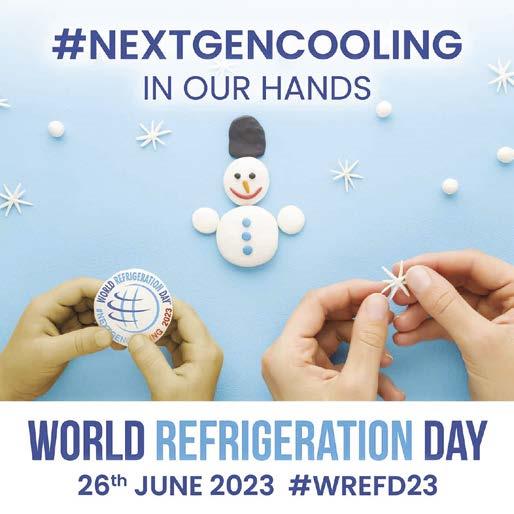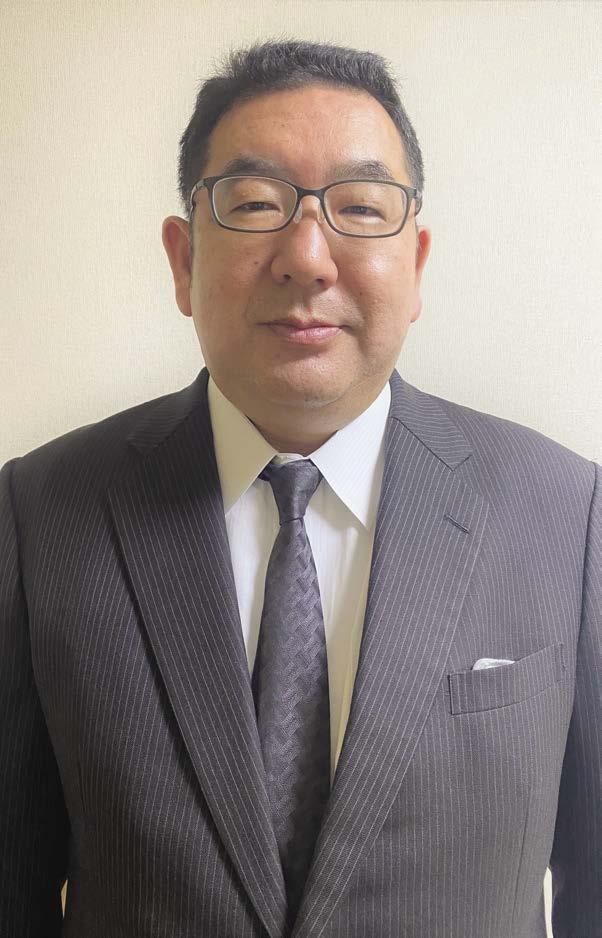
1 minute read
PIECE BY PIECE
from HVACR News June-July 2023
by AIRAH
According to one major building services contractor, there has been an increase in recycling of systems and their components.
This includes FCUs and AHUs, which are mostly recyclable scrap metal. When it comes to boilers, the bigger units can be recycled by specialists who strip gas trains, gun burners etc. and remove the equipment from site.
Advertisement
Refrigerant is generally reclaimed, although some refrigerants are like liquid gold while others are too dirty to be recycled.
Chiller bodies are mostly recycled by specialists who can strip the components and on sell.

Larger pieces of equipment such as chillers, boilers and pumps are sometimes removed by rigging contractors, who reap the rewards of the recycling and recovery (some hold refrigerant handling licenses) and offset their project cost by having recycling rights. This helps contractors avoid the removal and dumping logistics. ■
In 2020, RRA launched the Gas Seeker Initiative to encourage more recovery on the back of COVID 19. This successfully increased levels of recovered refrigerant by about 23 per cent. According to Farrelley, however, this appeared to be largely a shed clearing exercise, because the bulk of the uplift came from product that has become redundant, such as R22. There was also a noticeable uplift of CFCs returned. Ultimately, Farrelley’s take on the industry’s recycling efforts is that things are looking pretty good for metals and refrigerants, with plastics lagging behind somewhat.
Over the past four years, RRA has paid out more than

$8 million in rebates to contractors. And while there are varying impacts from the changing regulatory environment, increased quantities of recovered refrigerant have been collected. Annual recovery is in the order of 500 tonnes.
Developed in Australia 30 years ago, the RRA program has won several international awards, and Farrelley spends some of her time consulting with countries around the world, educating them on our model.
“They’re only developing programs now,” she says. “We’ve been operating for 30 years, and while it’s not perfect, RRA actually operates the one of best programs of its kind anywhere in the world.” ■











